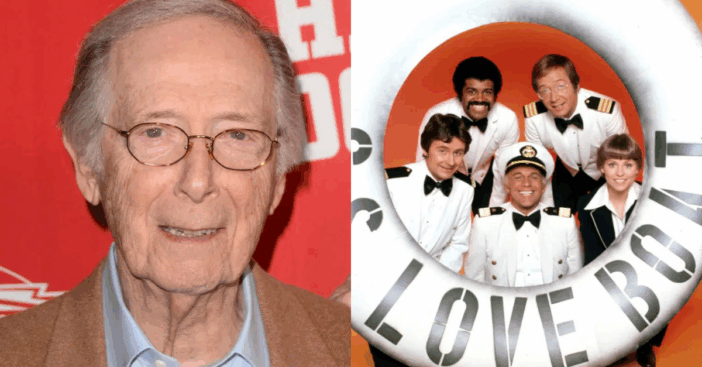
Bernie Kopell is best known for his role as Dr. Adam Bricker on The Love Boat. The actor, now 92, played the cruise ship’s charming doctor from 1977 to 1986. In a recent interview, Bernie Kopell revealed the unconventional story behind how his character got his memorable name.
According to Parade, Bernie Kopell explained that the name change came after director Hy Averback felt Dr. Adam O’Neill, the character’s original name in the 1976 Love Boat movie, didn’t suit him. Kopell said he helped brainstorm a new name, landing on Bricker, a subtle play on words that reflected the character’s flirtatious charm without being too obvious.
Bernie Kopell Shares the Name-Change Story
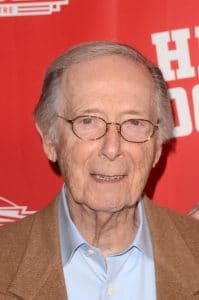
During late-night meetings, Bernie Kopell recalled, the team tried various options for the doctor’s name. Averback joked about the character being “a bit of a pricker,” prompting Kopell to suggest changing the “P” to a “B.” That small adjustment gave birth to Dr. Adam Bricker, the name fans remember today.
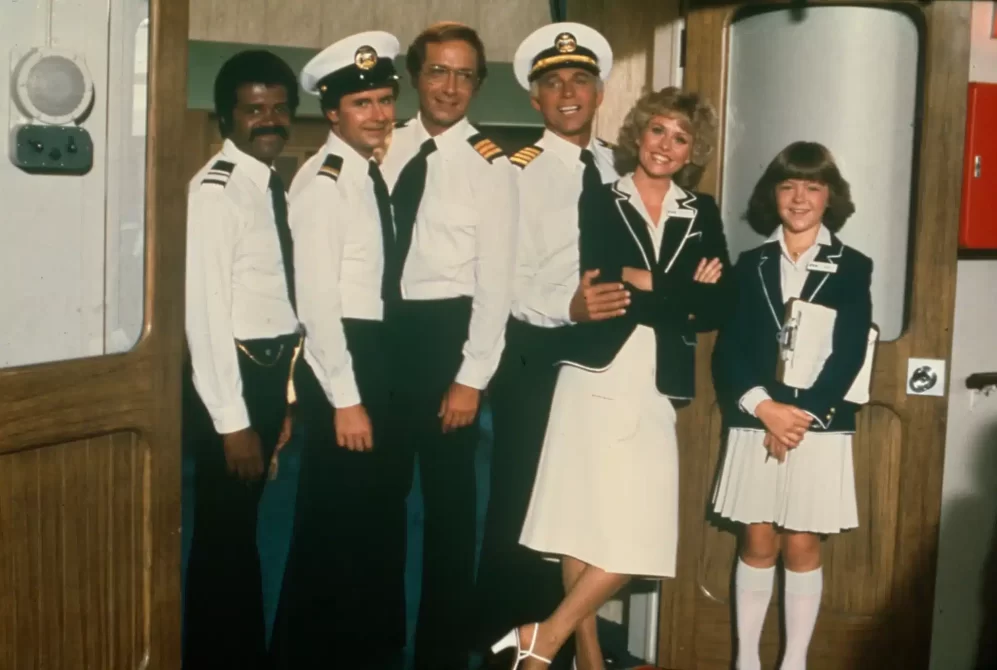
Kopell also reflected on how this role was different from anything he had done before. Although he had appeared in shows like That Girl and Get Smart, he had never played a sex symbol. Becoming Dr. Bricker was a surprising and defining moment in his career, adding a new dimension to his public persona.
From Supporting Roles to Cruise Ship Casanova
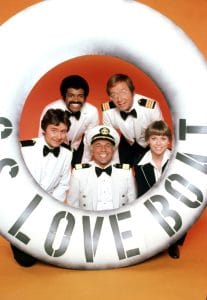
Gavin MacLeod, Fred Grandy / Everett Collection
Before The Love Boat series, Kopell had recurring roles on television, but his portrayal of Dr. Bricker brought him widespread recognition. Bernie Kopell noted that the character’s popularity stemmed not just from his medical expertise but from his charm and wit on board the cruise ship. Fans quickly embraced him as the ship’s Casanova.
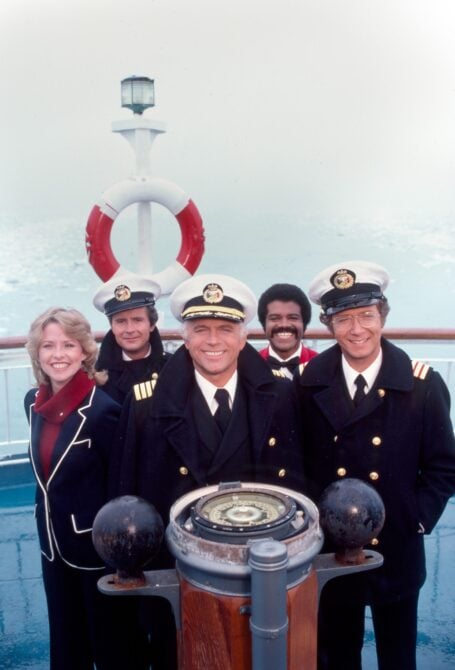
He also discussed how the series adapted characters from the original movie. While his character evolved into Dr. Bricker, other roles were recast or reimagined. Kopell’s contributions to his character’s development exemplified how small creative decisions can leave a lasting mark. His insight into the process highlights the collaborative nature of television and the lasting impact of thoughtful character creation.
